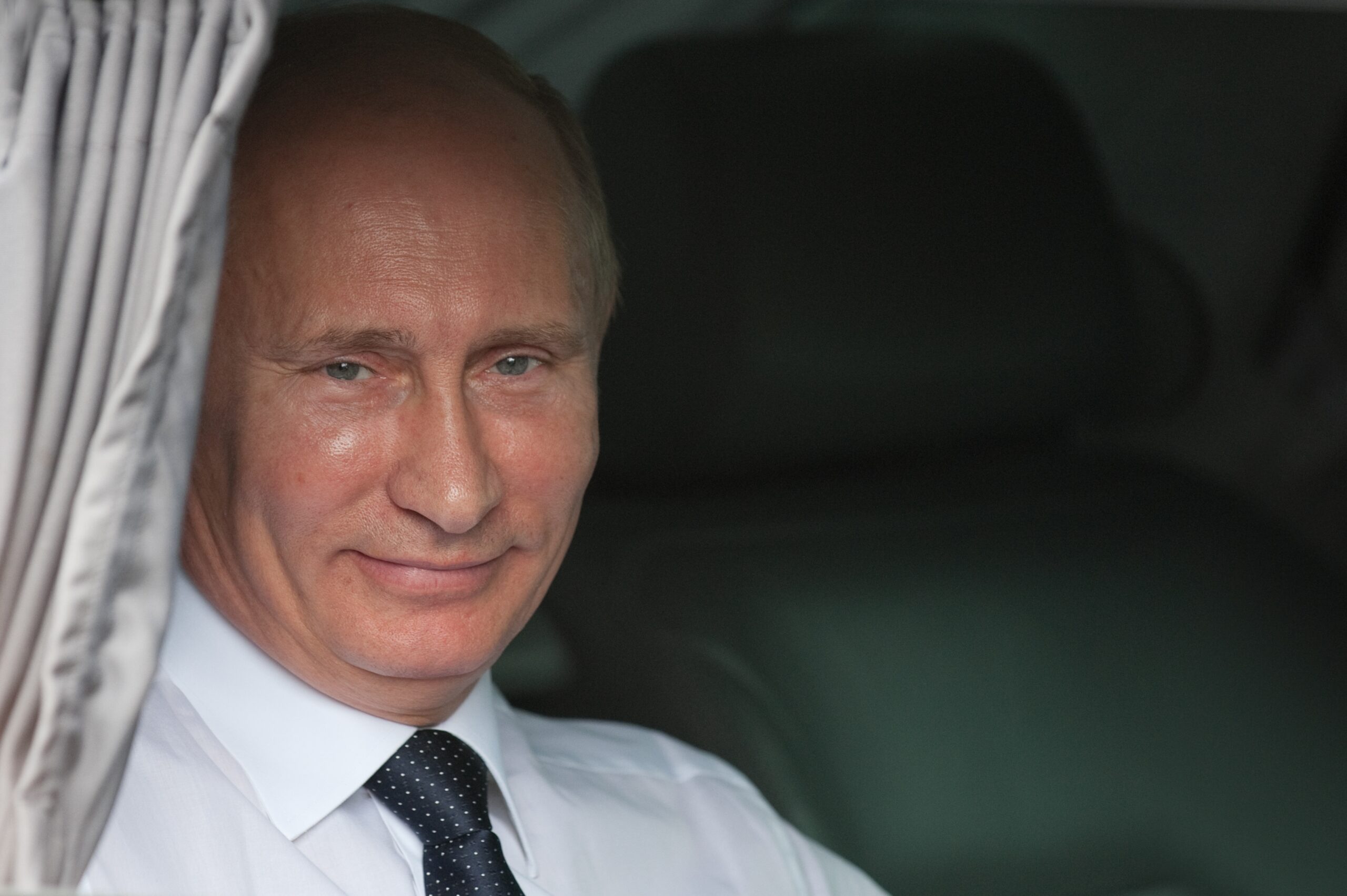
Russian President Vladimir Putin is hesitating on a ceasefire as tensions escalate. The White House has reversed its position on sending weapons to Ukraine, while a major Ukrainian drone attack recently disrupted Moscow’s airports, sowing chaos.
According to Ukraine’s DeepState open-source platform and Washington’s Institute for the Study of War, Russia’s summer offensive has made the largest territorial gains in Ukraine since the year began. Over the past month, Russian forces in the northeastern Sumy region, eastern cities like Pokrovsk and Kostyantynivka, and southern Zaporizhzhia have gained roughly 200 square miles—about the size of Atlanta.
Ukraine estimates it has retaken about 7% of the territory Russia controlled before and after the full-scale invasion in February 2022, leaving about 19% still under Russian control. This includes Crimea and roughly two-thirds of Donetsk, a heavily industrialized warzone.
Russia’s numerical military advantage comes with heavy costs. Analysts note Moscow suffers higher casualties and equipment losses compared to Ukraine. Gains have been incremental—less than 0.1% of Ukraine’s territory in July.
Increased Russian Use of Drones and Missiles
One factor enabling Russia’s advances is its escalating use of drones, missiles, and artillery strikes, which increased by 31% monthly in June and July. Drones have been instrumental in pinning down Ukrainian forces.
President Donald Trump, early in his term, vowed to end U.S. support for Ukraine, halting military aid and intelligence sharing while blaming Ukraine for the conflict. However, as Russian attacks intensified and ceasefire talks stalled, his stance softened.
In July, Trump resumed arms shipments to Ukraine and forged a NATO deal to send advanced U.S.-made air defense systems. He also expressed frustration with Putin’s repeated refusal to negotiate peace, calling the Russian leader “very nice” but “meaningless.”
Diplomatic Stalemate and Sanctions Pressure
Two ceasefire negotiations brokered by Trump failed, with the relationship between Putin and Trump deteriorating. Meanwhile, U.S. lawmakers push for tougher sanctions on Russia. Trump has threatened “severe” economic penalties if Moscow refuses to cease hostilities by early September, though the Kremlin dismisses these warnings as empty rhetoric.
Russia hinted at a possible Trump-Putin meeting during the September World War II anniversary in Beijing, but no confirmation has come from either side.
Despite setbacks, Ukraine is ramping up defense efforts. President Zelenskyy and French Foreign Minister Jean-Noël Barrot announced drone manufacturing partnerships with French companies, aiming to bolster Ukraine’s aerial capabilities.
Russia’s missile and drone attacks continue, including a heavy assault on Kyiv on July 21. Yet Ukraine’s counterattacks disrupt Russian infrastructure, as seen by chaos at Sheremetyevo Airport, Russia’s busiest, where drone strikes caused flight cancellations and long queues.
Author’s Opinion
Russia’s recent territorial advances should not be mistaken for decisive victory. The war is a brutal tug-of-war with high casualties on both sides and no clear end in sight. While drones and missile strikes give Moscow some tactical edge, Ukraine’s resilience and international support create a stalemate that will demand diplomatic innovation beyond military maneuvers. The unfolding crisis reflects the limits of force and the urgent need for meaningful dialogue.
Featured image credit: Alexego01 via GoodFon
For more stories like it, click the +Follow button at the top of this page to follow us.
